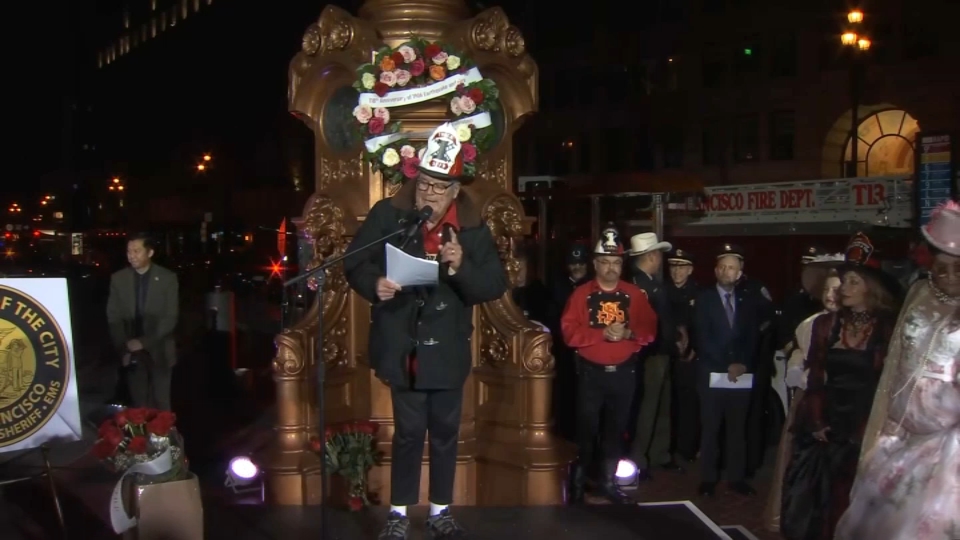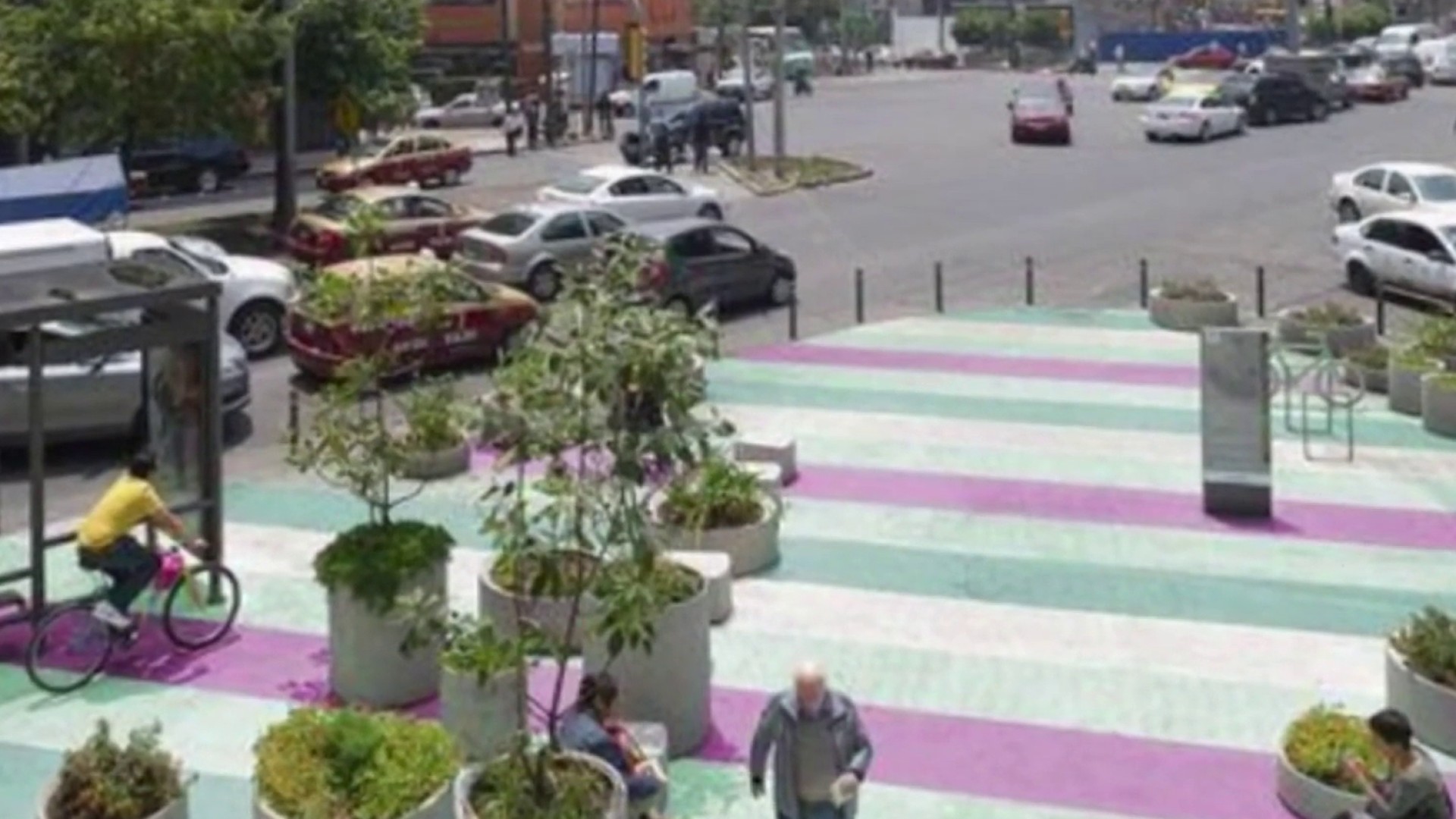From a seat at his kitchen table in Livermore, Robert Freeman leads an organization that has improved the lives of thousands around the world.
It is the legacy, he says, of someone who decades ago improved his life.
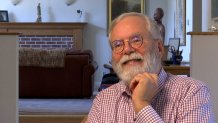
"When I was a teenager, my junior year in high school, my parents divorced," Freeman said. "Mother went here. Father went there. Mother said, 'You go live with him.' Father said, 'You go live with her.' And I ended up falling through the cracks."
When Freeman's normally good grades started to fall and he began showing up to school disheveled, it was his chemistry teacher who put two and two together.
"She figured it out. She said you're going to sleep on my couch," Freeman said. "And I still get choked up about that."
Freeman promised his teacher once he had "made it," he'd repay the kindness. He did that in 2000, leaving a successful career as a technology executive to become a high school teacher himself.
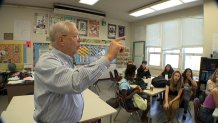
Freeman's giving back, however, was just getting started.
Local
With his students, Freeman started One Dollar For Life, a nonprofit asking young people to donate just a single dollar each. Then, using his business savvy and tireless spirit, Freeman produced amazing results with the money.
"We have now completed 142 small-scale infrastructure projects in the developing world," Freeman said. "Classrooms, medical clinics, computer labs, libraries."
Freeman recently rebranded ODFL as The Global Upflit Project, now asking anyone for any small amount they can spare. "Pocket change" is what Freeman calls it.
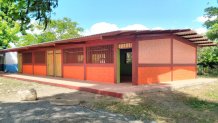
"What is the amount you are never going to miss?" Freeman asked. "But when you combine it with hundreds of other people's pocket change, you have a tremendous impact on a village in the developing world."
And it is not just in the developing world anymore.
When the coronavirus pandemic hit, sewing centers TGUP built in Kenya and Nepal, ones that normally produced kits of sanitary supplies to help girls stay in school, switched to sewing masks.
The majority of the masks were given out in their respective countries, but Freeman saw an opportunity for people in the developing world to help those in the developed world.
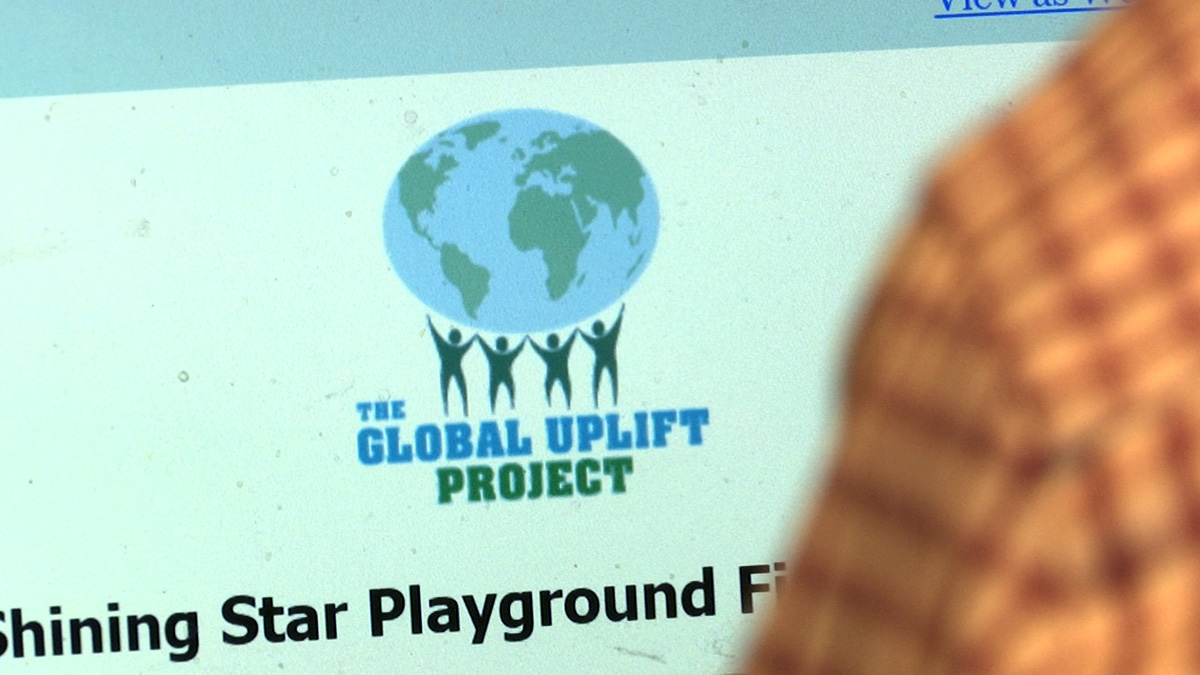
He began importing thousands of masks to the Bay Area where he made them available to the homeless and others who might not be able to buy their own.
Freeman says the workers at the sewing centers are thrilled to be able to repay some of the kindness that has been shown to them.
"What this teaches me is that generosity is not only of money, it is of the heart," he said.

